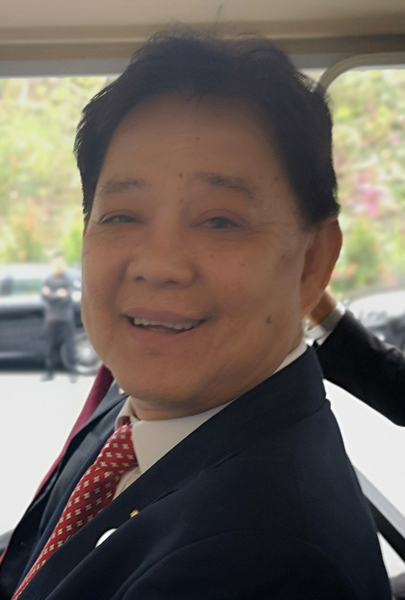Islamic Tourism gives positive perspectives about Islam in Malaysia

By Norila Daud
Senior Vice President of AJA
Kuala Lumpur: Malaysia is ready to welcome millions of international tourists in the Visit Malaysia Year 2020 which is very near the corner.
The country with a population of over 32.6 million people is also known as an Islamic nation as Islam is the religion of the Federation as enshrined in the Malaysian Constitution. As such foreign tourists would expect to see more Islamic values being portrayed and practiced by the Muslims in their daily lives.
For more than a decade, Malaysia has been known globally for its halal food served in restaurants and hotels originally aimed to attract domestic and international Muslim travellers.
Recently, the Ministry of Tourism, Arts and Culture has introduced the “Muslim Friendly Hotel Recognition” a form of accreditation that recognises “Syaria” (Sharia’) compliant accommodation for tourists.
The implementation of the Muslim Friendly Hotel Recognition is an important initiative to empower the tourism industry, especially the Islamic tourism segment to begin developing the industry towards its next phase.
“This recognition will assist those involved in utilising the Muslim Friendly Hotel Recognition to set the standards for others to follow,” said the Minister of Tourism, Arts and Culture, Mohamaddin Ketapi, in his speech at the launch of the initiative held during the Muslim Friendly Tourism Forum recently.
Mohamaddin said Malaysia acknowledges the potential of the Islamic tourism sector as travellers from Muslim countries, especially the Middle East, are the biggest spenders in Malaysia’s tourism industry.
Meanwhile Hajah Yusnah Yusuf, an Islamic preacher has more suggestions to enhance the new tourism segment.
As a global traveller and Islamic preacher, Yusnah said, hotels, motels and home stay venues should provide friendly “ibadah” (Islamic rituals and practices) facilities.
This includes providing praying mats, qiblat- direction to pray and special room with reading materials about Islam. It is also good to supply information about the nearest mosque or “surau” for them (males) to perform their prayers and socialise with the local Muslims.
She said that the hotels and motels should be alcohol free, provide special places for family gathering as well as separate swimming pools and gymnasiums for the males and the females.
Yusnah also suggested that Muslim or non-Muslim travellers/tourists should visit the old and new mosques and Islamic administrative centres such as Pusat Islam (Islamic Centre), Pusat Pungutan Zakat, Lembaga Tabung Haji, Bank Islam, Sharia’ Courts and others for a better insights and perspective about Islam in Malaysia.
According to Yusnah, the local tourist agencies should also take advantage of the Ramadan, Aidilfitri, and Aidil Adha to bring tourists to observe the Islamic rituals carried out in the mosques as well as in private homes during the holy seasons.
“During Ramadan tourists should be taken to the mosques where they could eat together with the Muslims during the breaking of the fast (iftar) followed with Maghrib (Sunset) prayers.
“These exposures will give non-Muslim tourists a better picture about Islam and will allow the Muslims to enjoy performing the Islamic rituals with the Malaysian Muslims here,” she said in an exclusive interview with MagazineN journalist recently
Yusnah also suggested that foreign tourists should be exposed to the “qurban” where cows/goats are slaughtered to be given away to the less fortunate people in the community. This is a good gesture to show that Muslims share and care about the have not segments in the society.
Another interesting Islamic practice that non-Muslim and Muslim tourists should observe is the special event held to mark the completion of the Quran reading (Majlis khatam Al-Quran) and the Maulidur Rasul (s.a.w Prophet Muhamad’s birthday celebration).
These rituals are important as to believe in Allah (almighty God) holy Al-Quran and to follow s.a.w Prophet Muhamad’s teachings are among the pivotal principles that all Muslims should observe, abide and practice.


